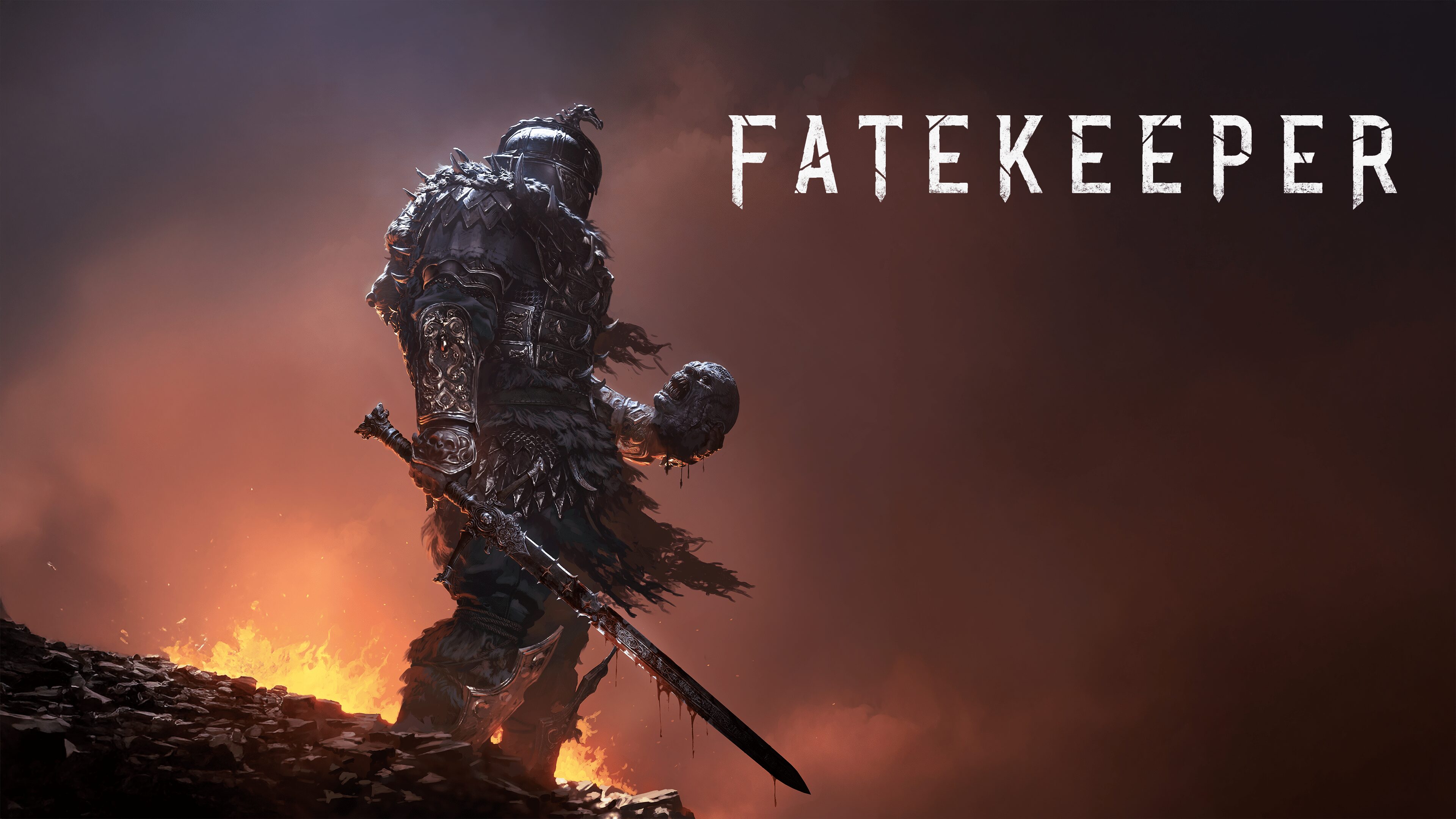THQ has announced a new RPG titled Fatekeeper, coming this winter in early access on PC. It’s a first-person game, so you might think it’s exciting, but honestly, it just feels like another title trying to ride the coattails of The Elder Scrolls and Skyrim. Not sure if we really need another RPG right now, but here we are. Winter is going to be… you know, just another season.
#Fatekeeper #RPG #EarlyAccess #THQ #PCGaming
#Fatekeeper #RPG #EarlyAccess #THQ #PCGaming
THQ has announced a new RPG titled Fatekeeper, coming this winter in early access on PC. It’s a first-person game, so you might think it’s exciting, but honestly, it just feels like another title trying to ride the coattails of The Elder Scrolls and Skyrim. Not sure if we really need another RPG right now, but here we are. Winter is going to be… you know, just another season.
#Fatekeeper #RPG #EarlyAccess #THQ #PCGaming
1 Commenti
·0 condivisioni
·0 Anteprima












